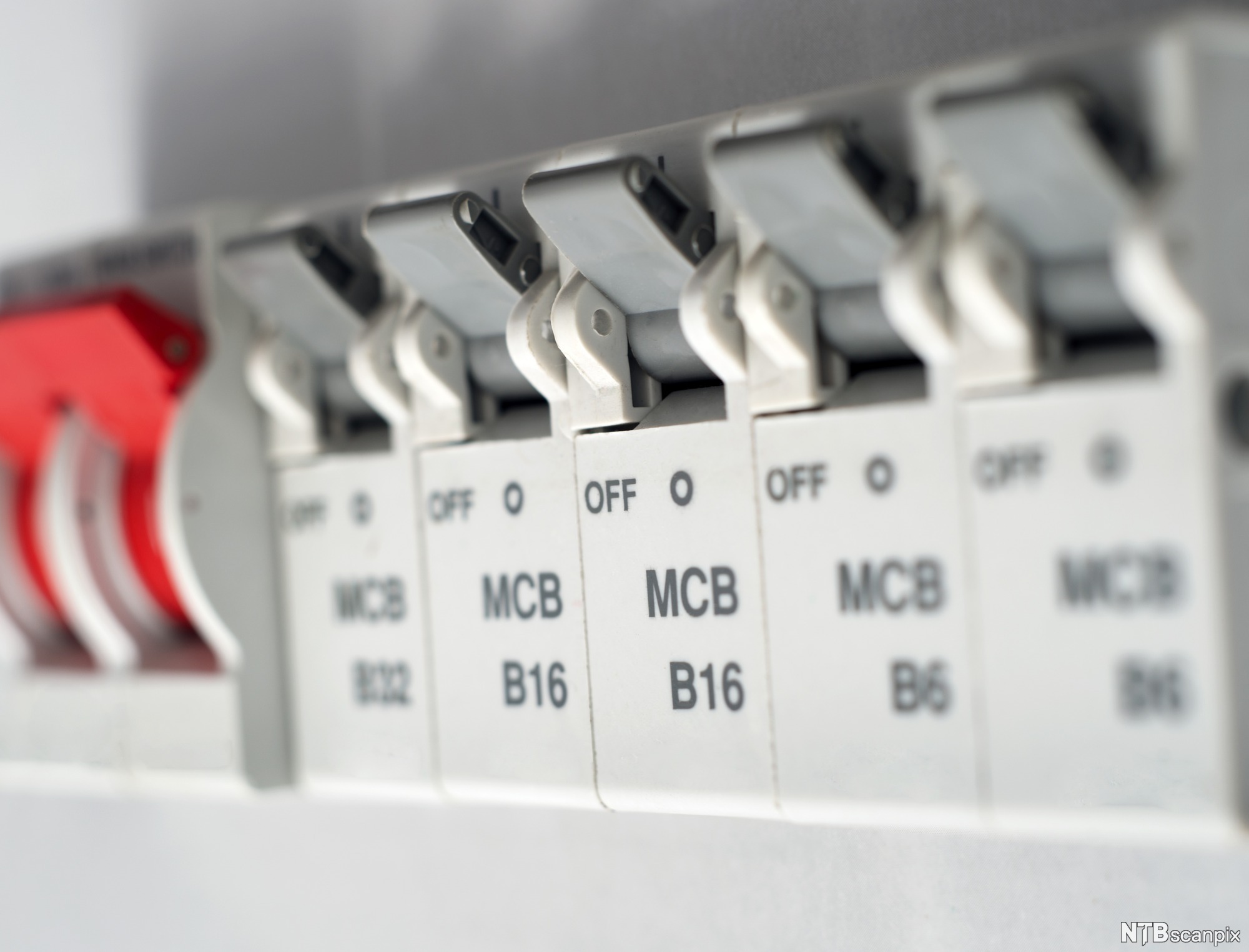In the world of electrical systems, safety and efficiency are paramount. Miniature Circuit Breakers (MCBs) and Residual Current Circuit Breakers with Overcurrent Protection (RCBOs) play crucial roles in safeguarding electrical circuits and devices. In this blog, we’ll delve into the functionalities and advantages of Mcb Rcbo exploring how they contribute to the overall safety and reliability of electrical installations.
1. Miniature Circuit Breakers (MCBs):
MCBs are essential components in electrical distribution boards, offering protection against overcurrents and short circuits. Here’s a closer look at their key features and benefits:
1.1 Overcurrent Protection: MCBs are primarily designed to protect circuits from excessive currents. They automatically trip and disconnect the circuit in the event of overloads or short circuits, preventing potential damage to devices and wiring.
1.2 Quick Response: One of the notable advantages of MCBs is their rapid response time. In the case of a fault, MCBs act swiftly to interrupt the current flow, minimizing the risk of damage and reducing downtime.
1.3 Modular Design: MCBs are modular in design, allowing for easy installation and replacement. This modularity facilitates maintenance and upgrades without the need to dismantle the entire electrical panel.
1.4 Cost-Effectiveness: Compared to traditional fuses, MCBs are cost-effective in the long run. They can be reset after tripping, eliminating the need for frequent replacements and reducing operational costs.
2. Residual Current Circuit Breakers with Overcurrent Protection (RCBOs):
RCBOs combine the functionalities of both RCDs (Residual Current Devices) and MCBs, providing comprehensive protection against overcurrents and earth faults. Here’s why RCBOs are gaining popularity in modern electrical installations:
2.1 Dual Protection: The unique feature of RCBOs lies in their ability to offer dual protection. They not only guard against overcurrents but also detect and disconnect the circuit in the presence of residual currents, which can occur due to ground faults.
2.2 Increased Safety: RCBOs enhance the safety of electrical systems by minimizing the risk of electric shocks and fires caused by ground faults. They are particularly crucial in environments where electrical equipment is used in close proximity to water sources.
2.3 Individual Circuit Protection: Each RCBO is designed to protect a specific circuit. This individual circuit protection ensures that a fault in one circuit does not affect the operation of other circuits in the system.
2.4 Compatibility with Existing Installations: RCBOs can be easily integrated into existing electrical panels, making them a versatile and practical choice for retrofitting or upgrading safety measures in older buildings.



